It’s an astonishing figure of 1.9 million tonnes of food that is wasted by the food industry every year in the UK. So while so many of us are increasingly concerned about wasting food at home and bringing sustainability into our daily lives, what about eating out?
Which restaurants in London have adopted a renewable approach to their gastronomy? Dine with a guilt-free conscience at 8 of the most sustainable restaurants in London.
London’s first and only organic, zero waste, vegetarian restaurant. Alice Gilsenan and Justin Horne dreamt up a restaurant based on unsellable fruit and vegetables. Daily menu options depend on would-be-waste deliveries from Planet Organic and Langridge, the UK’s largest wholesalers of local and seasonal organic produce. Their first residence was on Westbourne Grove in Notting Hill over four floors featuring a bistro, first floor ‘Green Room’, avant garde ‘White Room’ and a cheeky New York style cocktail bar ‘Dark Room’ on the top floor. More recently, they planted their new roots at Mercato Metropolitano in Borough, and they are soon moving to their new chapter. Keep up to date with their travels, you’ll want to try their new home soon.
Slow living and sustainability lives at the centre of one London’s most popular botanical escapes, Petersham Nurseries in Richmond and its central London outpost in Covent Garden. It encourages the protection of local food traditions and promotes good, clean and fair food production. Good meaning flavoursome and of quality; clean meaning the processes involved do not harm or limit harm to the environment and finally; fair meaning fair conditions and compensation for food producers. The seasonal ingredients that fill the Nurseries’ menus are sustainably sourced and waste is kept minimal. This conscious and natural approach is extended across all areas of the business, including to staff travel.
Creating delicious stuff that does good too. That’s a motto that we could live by. Cub is a partnership, collaboration and restaurant originated by Ryan Chetiyawardana (of White Lyan, Dandelyan, Super Lyan, Lyaness), and Doug McMaster of Brighton’s pioneering zero-waste restaurant Silo, together evolving the concept into a “drinks-led dining experience”. They forged deals with Krug champagne, Belvedere and LVMH, and began crafting food and libations. Cub is based on the Mr Lyan’s portfolio of cocktail bars exploring sustainable solutions (he had the only bar in the world to avoid using perishables like fruit and ice. You get a pre-set menu dining experience, and you don’t get much choice (besides informing them of any allergies and dietary requirements as well as non-alcoholic cocktails). It’s theatrical and authentic at the same time and well worth a visit.
What started as a kickstarter campaign raising over £20,000 from 126 backers, East London based Plant Hub opened as a cookery school running workshops and classes on making your own plant-based dishes, as well as an organic, gluten free, plant based restaurant and bakery. Their philosophy? “We believe in food that tastes good and makes you feel good.” Their food is a London melting pot, Italy meets England via the world.
Native simply highlights the country’s best wild foraged food and game in a laid back, environment. The menu starts with an appetiser called ‘chef ’s wasting snacks’ – dishes created from leftover food such as bread, carrot tops and pickled garlic, underpinning the sustainability ethos.
The full menu celebrates foraged finds, wild game and biodynamic wines. The ethical standpoint goes all the way to the furniture with chairs from offcuts of wood, much of the kitchen equipment secondhand from eBay, and the silver birch trees dotted across the restaurant floor in pots were foraged by the owners.
Looking for something fun on the weekend? The team has started urban foraging trips in local parks where guests can get busy learning and collecting – followed by a three-course lunch showcasing some of their own finds.
At the spectacular Somerset House, Skye Gyngell (the Australian chef and former Vogue food editor who won a Michelin star for Petersham Nurseries Cafe) has created a stunning setting, with a clear conscience. The menu features an innovative and cost effective Scratch Menu in the form of a three-course supper combatting food waste left over from the á la carte menu. The menu showcases the best of what’s in season—usually grown on Fern Verrow’s 16-acre biodynamic farm.
Spring has pledged to reduce the single-use plastics by the end of this year, and is now on a mission to look into other alternatives for plastic, such as biodegradable clingfilm. It doesn’t stop there though, as the restaurant is also working on eradicating the use of plastic containers in the restaurants, with hopes of being one of London’s first plastic-free dining spots by the end of 2019.
Could a pub be sustainable? The Duke of Cambridge is keen to minimise environmental impact by generating food wasted into energy and recycling all glass, cardboard, paper and tins, and so this pub can.
This organic pub has now teamed up with Riverford, the family-run farm known for its organic vegetable box scheme and farm shops. Game, foraged herbs and anything wild take a big place on the menu when in season, and their fish-sourcing policies are just as responsible.
Its sustainable practice goes further than just the food, as all the furniture is either second hand, repurposed or recycled. The organic gastropub is perfect for a lazy Sunday spent with good friends and good food.
Japanese food. The Brazilian way. The very first restaurant chain to be awarded a Friend of the Sea certificate. This Soho hotspot only offers sustainably-sourced seafood to original Brazilian sushi recipes. The cocktail list is no stranger to this principle with caipirinhas served with fresh fruit and their own brand of organic cachaça “Mais Amor”, crafted in Brazil with local sugar cane.
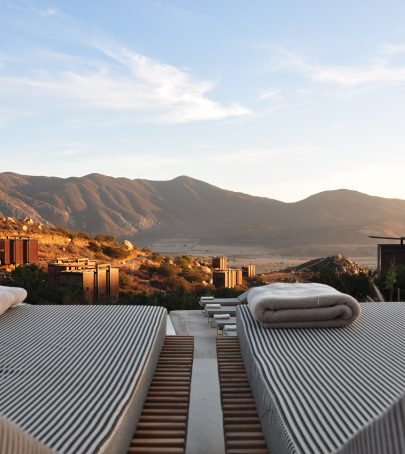
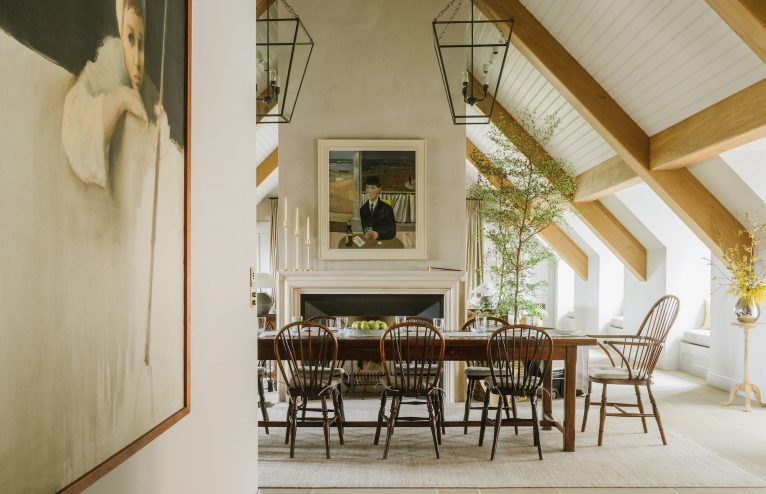
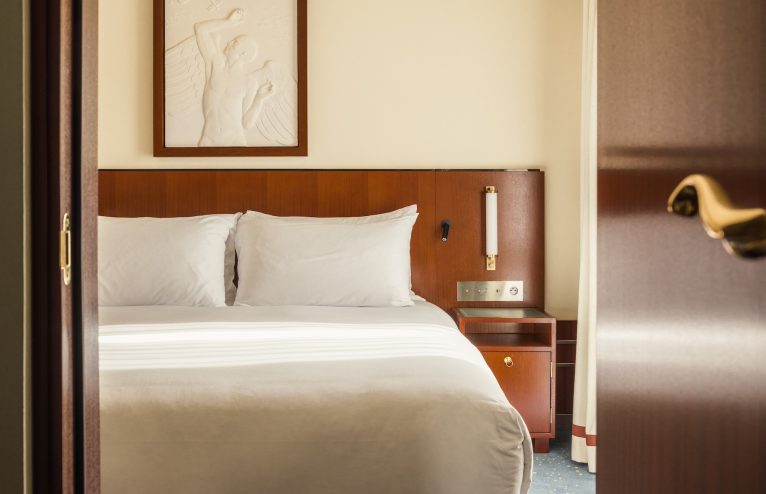
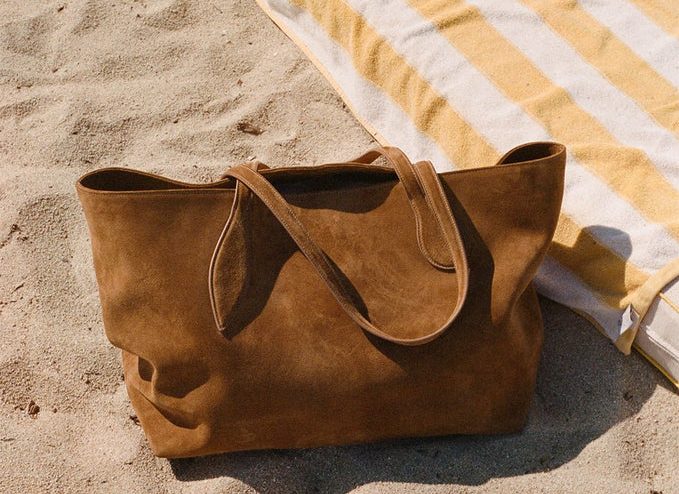

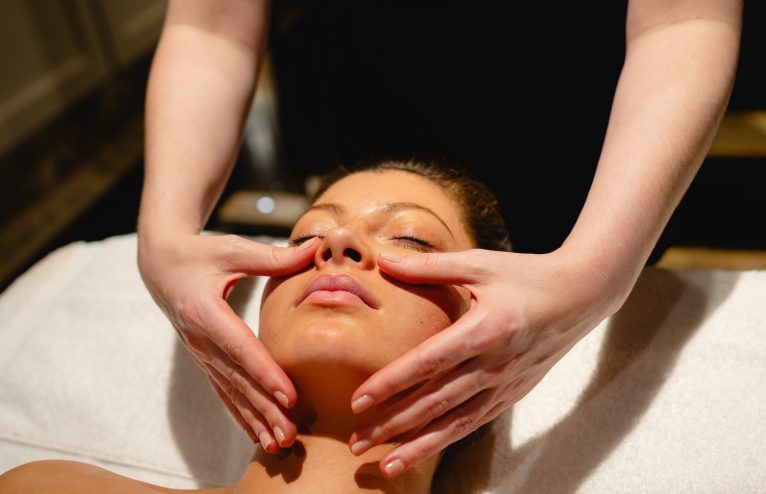
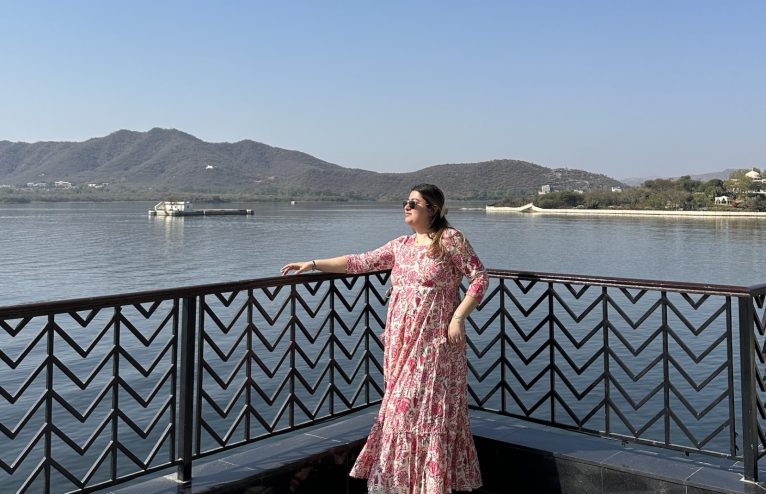
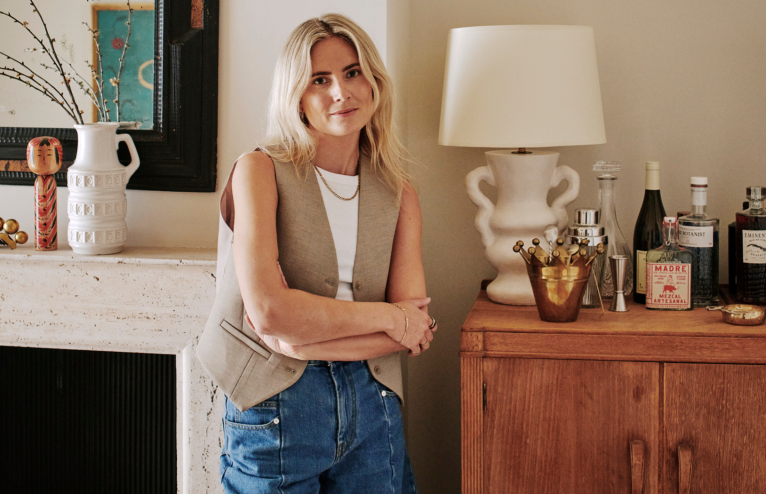
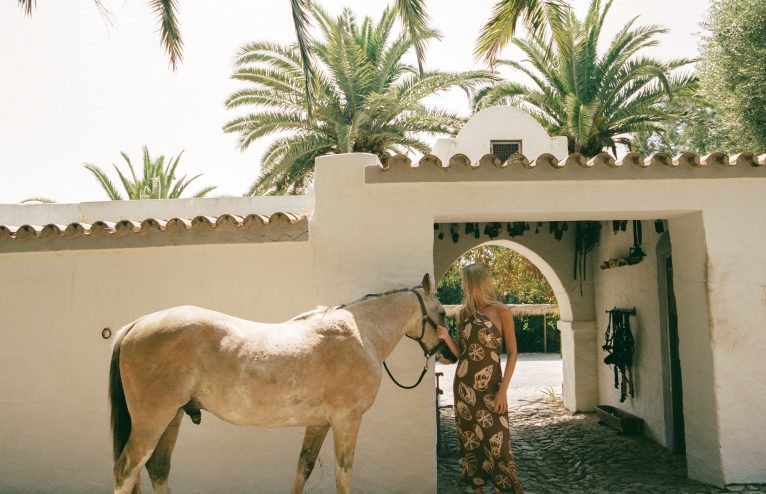
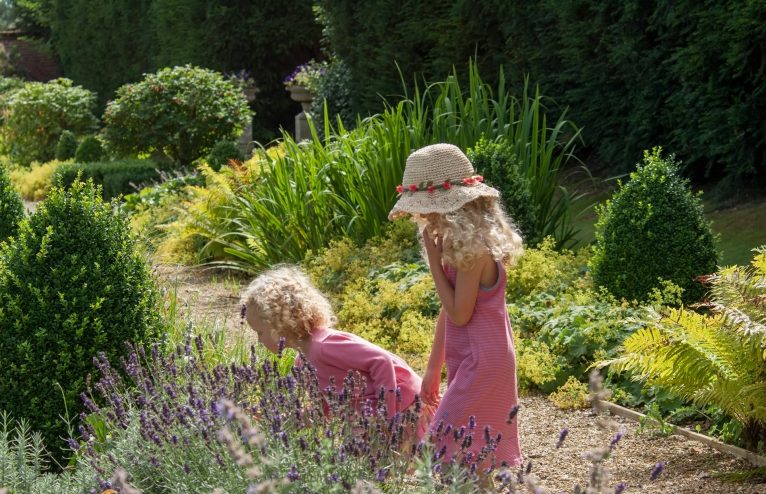
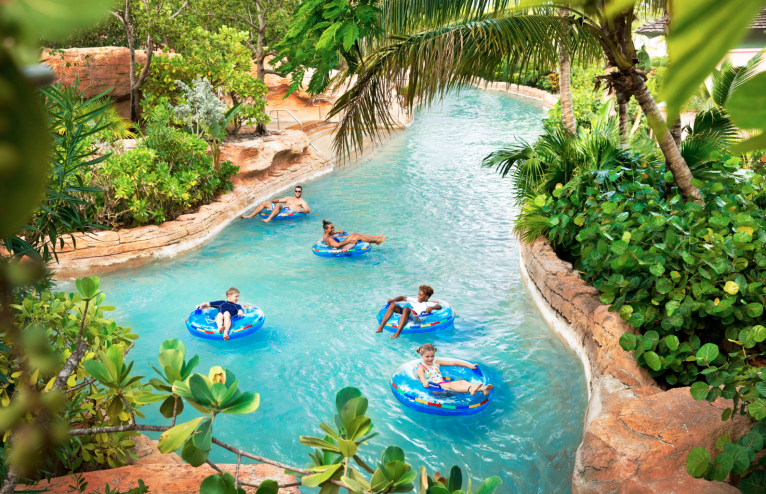
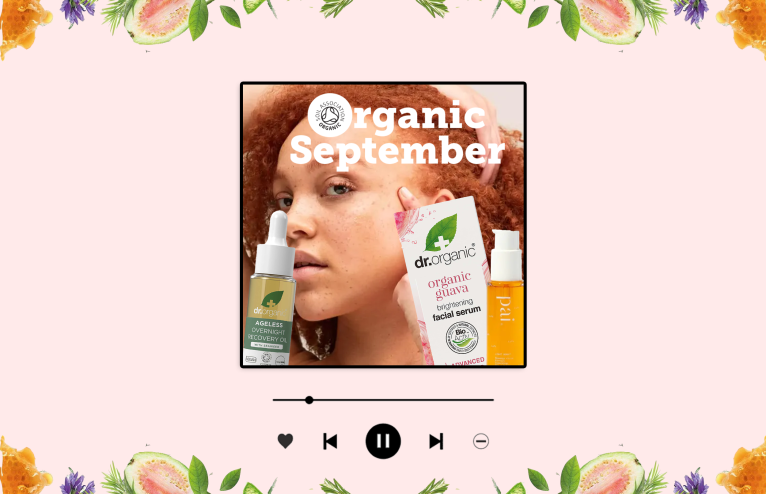

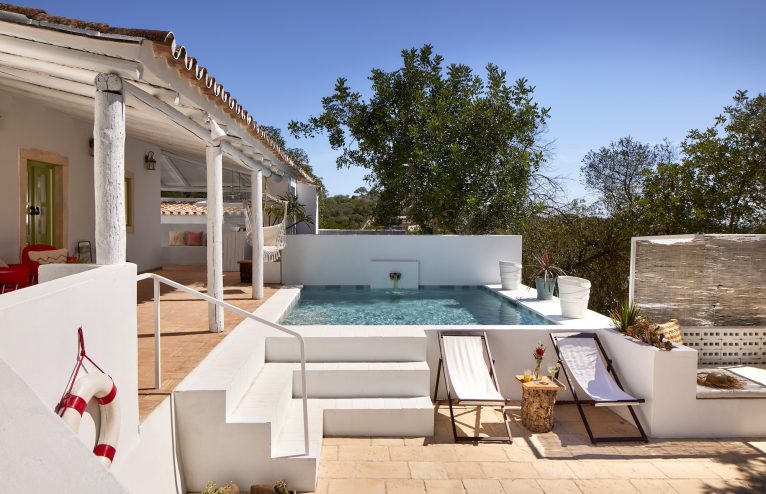


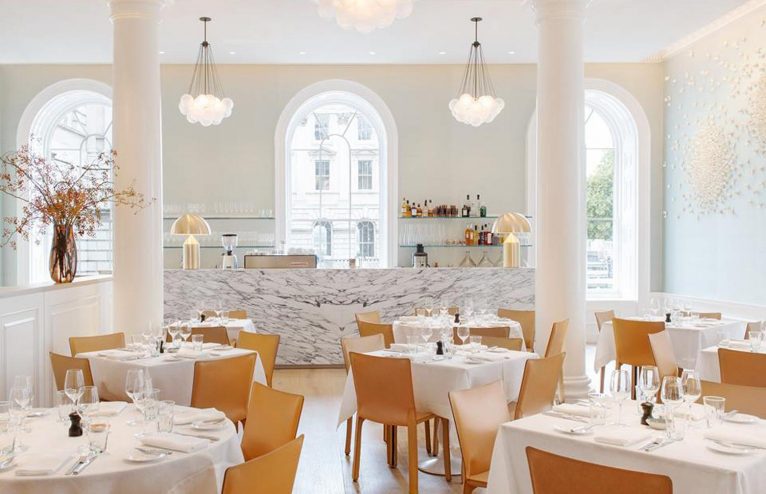

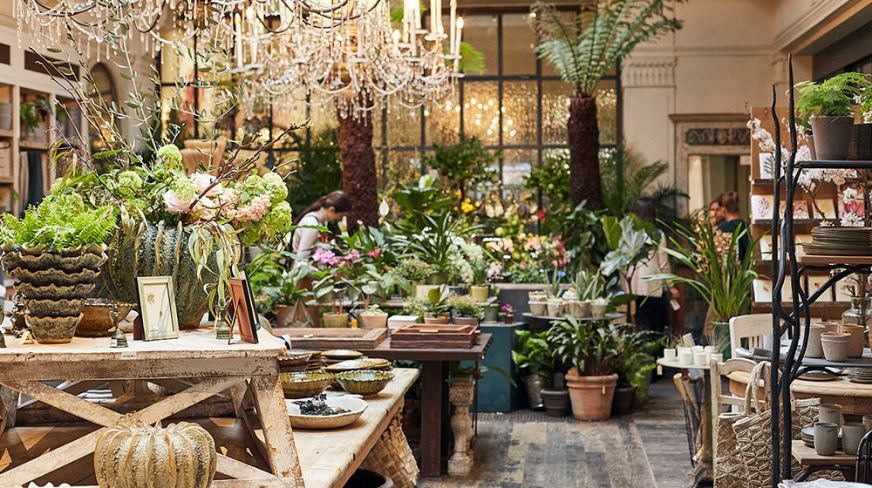
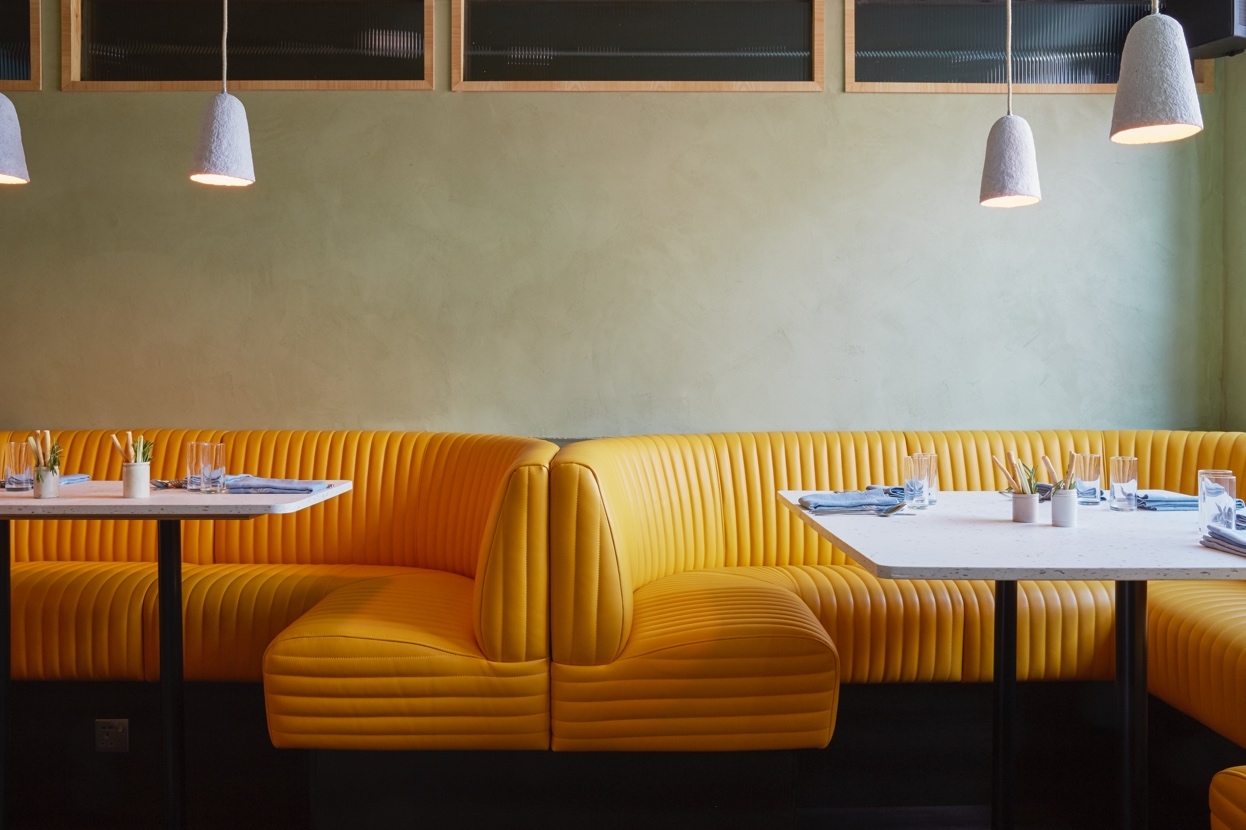
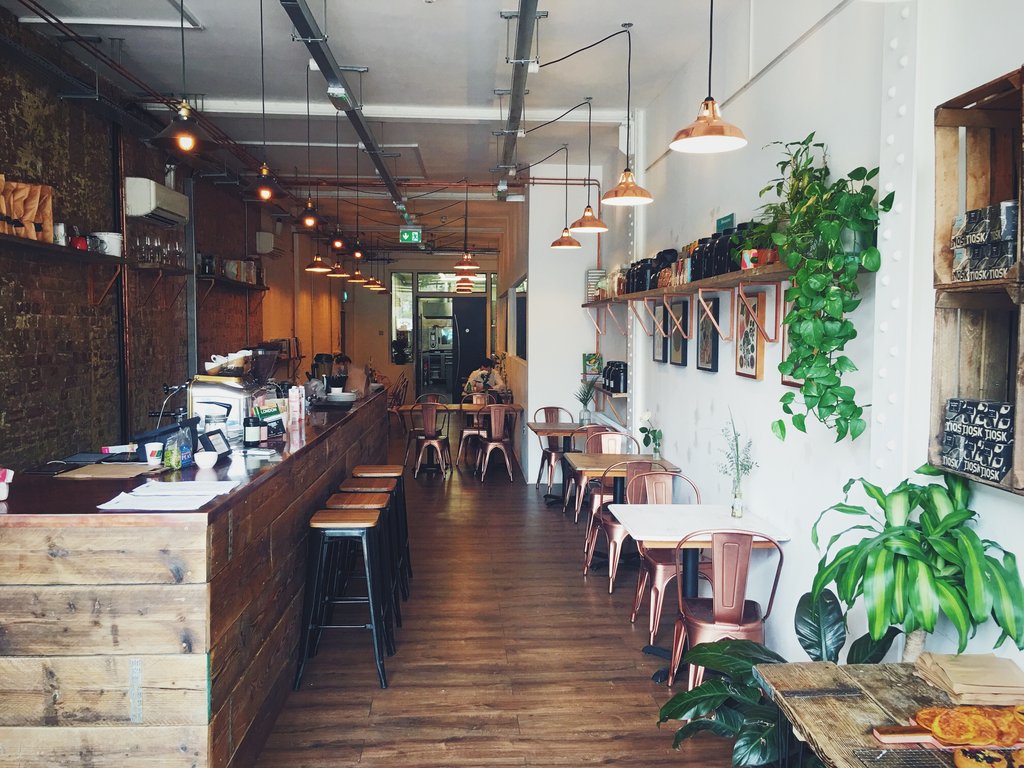
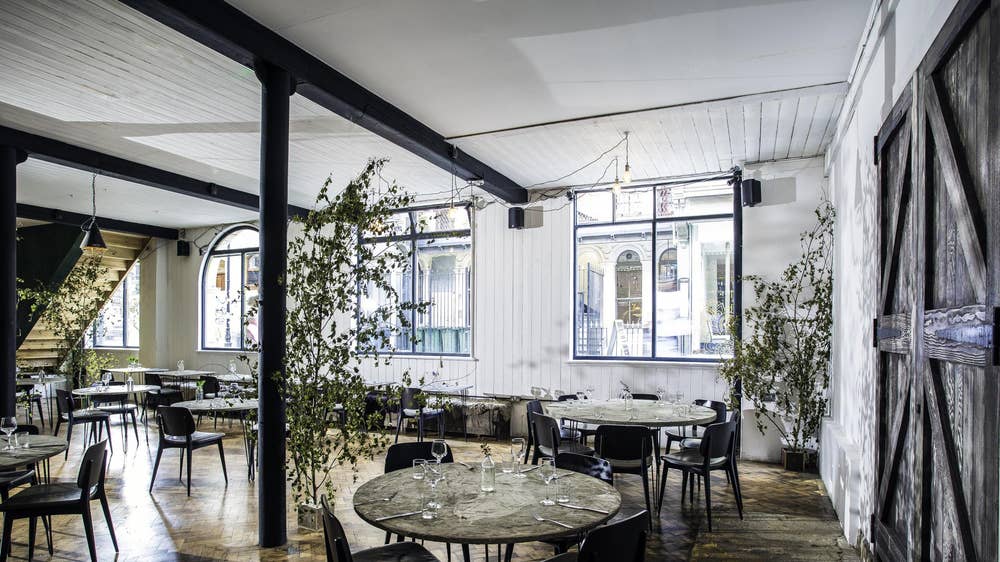
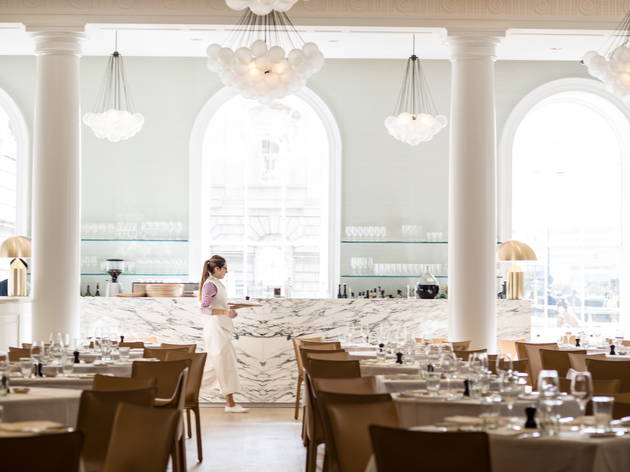
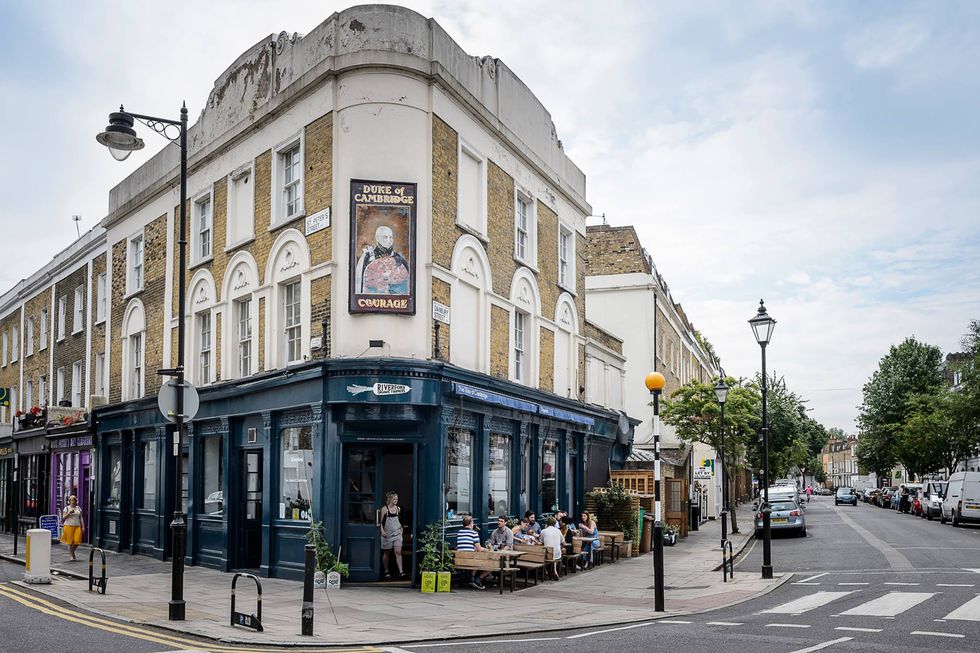
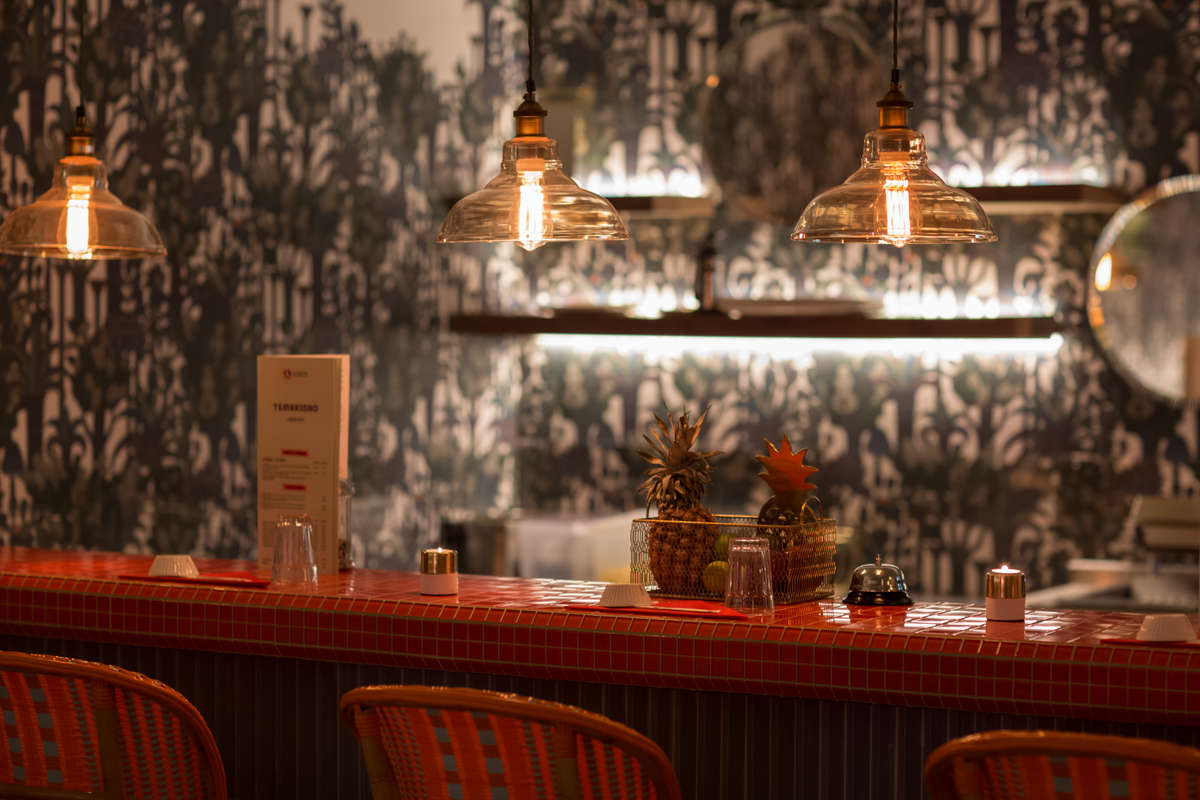
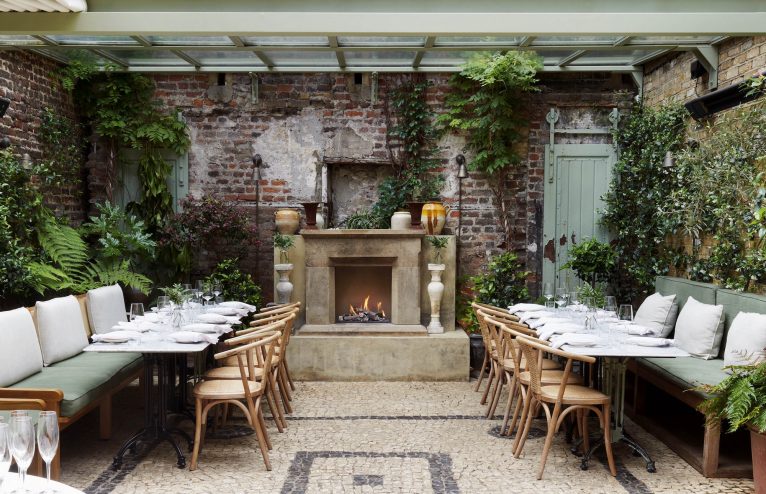
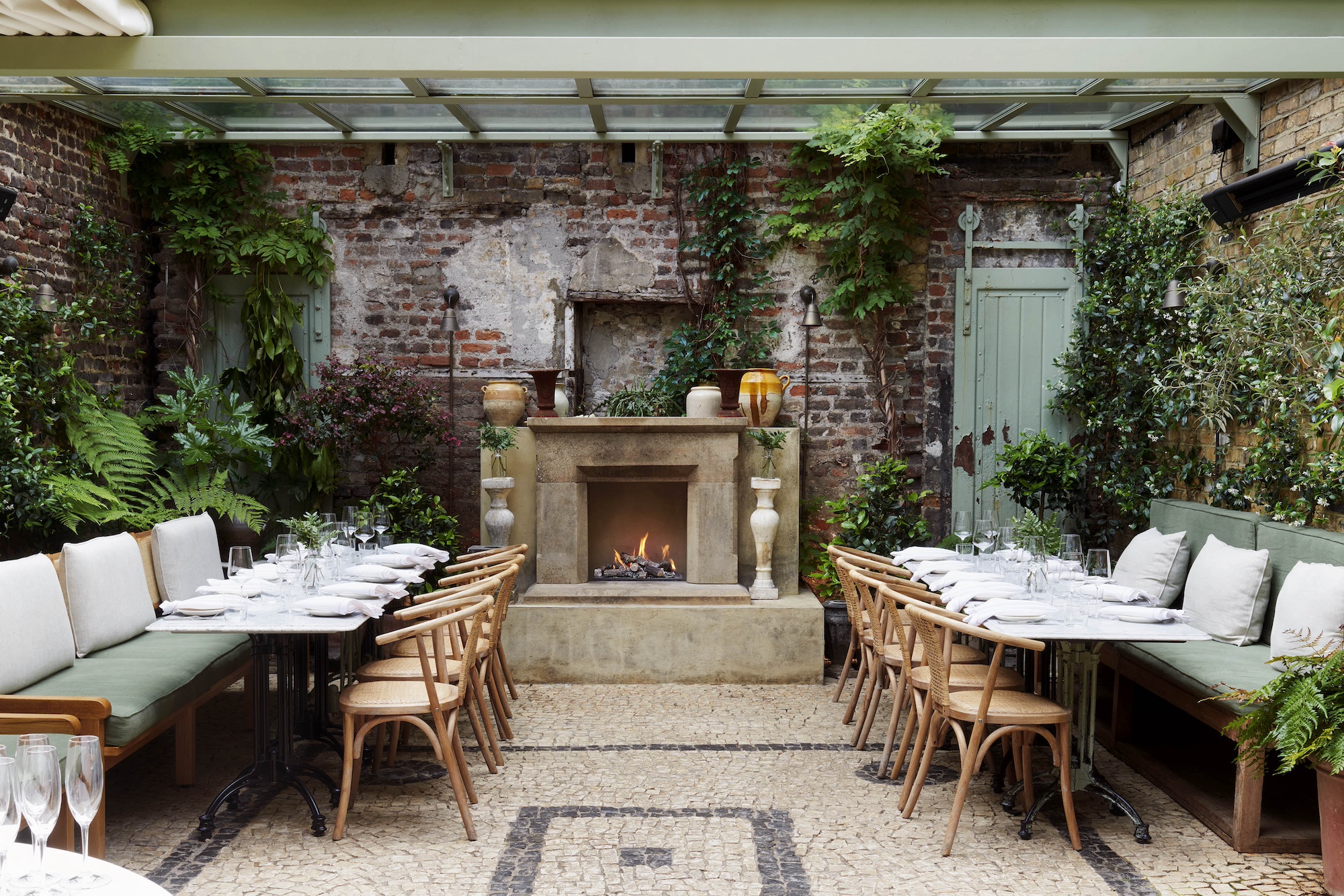
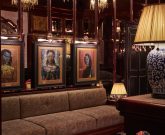
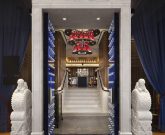
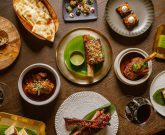
Any Questions or Tips to add?